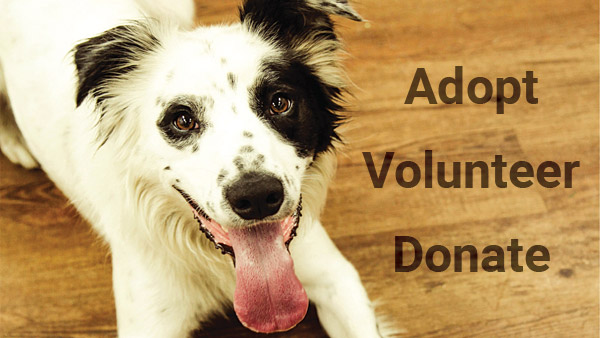What is cleft lip/palate?
- This topic has 0 replies, 1 voice, and was last updated 16 years, 1 month ago by .
Viewing 1 post (of 1 total)
Viewing 1 post (of 1 total)
- You must be logged in to reply to this topic.
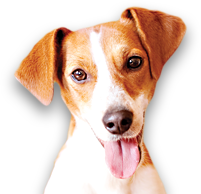

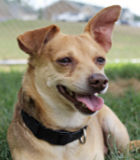

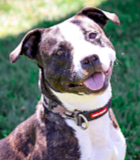
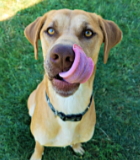
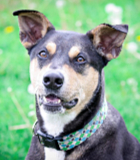
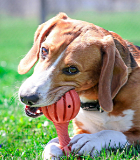
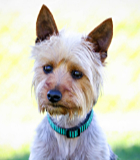
Home » Topics » Tips & Hints on Medical Issues » What is cleft lip/palate?
We are excited to share that we are now partnering with Bonfire, an online store to raise funds by selling Mackenzie’s shirts. Learn more...

 Thank you for your generous donations to Mackenzie's!
The collars are incredible!
Thank you for your generous donations to Mackenzie's!
The collars are incredible!Just like humans, this is an opening in the lip or the roof of the mouth that occurs due to failure of normal fusion processes during embryonic development. Cleft palate and cleft lip may result from either hereditary or environmental causes (such as the use of certain drugs during pregnancy).
What breeds are affected by cleft lip/palate?
English and French bulldog, pointer, shih tzu, Boston terrier, Brittany spaniel, cocker spaniel, dachshund, German shepherd, Labrador retriever, miniature schnauzer, and Pekingese.
For many breeds and many disorders, the studies to determine the mode of inheritance or the frequency in the breed have not been carried out, or are inconclusive. We have listed breeds for which there is a consensus among those investigating in this field and among veterinary practitioners, that the condition is significant in this breed.
What does cleft lip/palate mean to your dog & you?
Affected pups are born with the condition. A minor defect will cause little or no problem, while a more severe defect will cause signs such as a chronic nasal discharge (that may include food), poor growth, aspiration pneumonia (from inhalation of food), or even death.
How is cleft lip/palate diagnosed?
Your veterinarian will diagnose these conditions on physical examination.
How is cleft lip/palate treated?
Mild problems may not require any treatment, but more serious defects will require surgical repair to prevent complications such as aspiration pneumonia.
Breeding advice
Affected animals should not be used for breeding, and it is prudent to avoid breeding their parents and siblings as well.
Do you have a dog with a clef lip or palate? If so, we would love to hear your experience.
FOR MORE INFORMATION ABOUT THIS DISORDER, PLEASE SEE YOUR VETERINARIAN.

